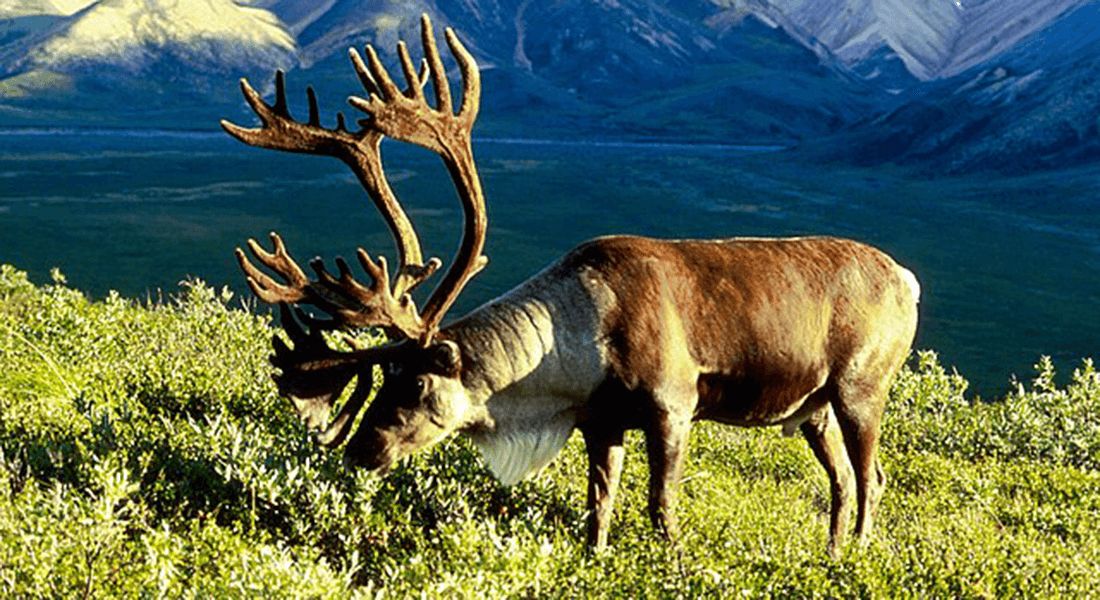By the year 2100, reindeer populations in parts of the Arctic could decline by up to 80 percent. This is the alarming conclusion of a new international study led by researchers from the University of Copenhagen and the University of Adelaide.

Reindeer, also known as caribou in North America, have historically survived many fluctuations in climate. For thousands of years, this majestic species has shown remarkable adaptability to Arctic environments. But future climate change is likely to cause significant population declines.
In the new study, researchers from the University of Copenhagen and the University of Adelaide have looked back 21,000 years to examine how reindeer responded to past climate changes. This has provided insight into how the species may cope with the changing climate ahead.
"Using fossils, ancient DNA and computer models, we reconstructed changes in the abundance and distribution of reindeer over the past 21,000 years at resolutions never done before, and we directly compared these to future predictions," says Dr. Elisabetta Canteri, postdoctoral researcher at the University of Copenhagen and the University of Adelaide.
"This revealed that populations of reindeer have experienced major declines during periods of rapid climate warming, but the losses expected in the coming decades due to future climate change are likely to be even more severe than those in the past," she adds.
Worst outlook for reindeer in North America
Not all reindeer populations are expected to be equally affected by climate change. But one region stands out as particularly vulnerable.
"Our forecasts show that wild populations in North America are most at risk from climate warming, with declines of up to 80 per cent likely by 2100 unless there are major cuts to greenhouse gas emissions and increased investment in wildlife management and conservation," says Associate Professor Damien Fordham from the University of Adelaide, who co-led the research with Elisabetta Canteri.
"These declines are likely to have far-reaching ecological implications that will further increase the vulnerability of reindeer to climatic warming and other stressors," he says.
A key player in the ecosystem
The disappearance of reindeer and caribou will also impact the ecosystems they inhabit. These large animals play a crucial role in regulating the tundra's ecological balance. Reindeer help control competition between plant species, thereby maintaining biodiversity.
"A reduction in tundra plant diversity will have cascading effects on carbon uptake, soil nutrient availability, and even on how well the landscape can reflect light," says Professor Eric Post from the University of California, Davis, who contributed to the study.
Reindeer: A cultural pillar of the Arctic
Such a drastic decline in reindeer populations would not only be a loss for the Arctic ecosystem, but also for the people who live there. For many Indigenous and local Arctic communities, reindeer are a lifeline - providing food, cultural identity, and a sense of belonging. A major population decline would be a profound loss.
Associate Professor Damien Fordham emphasizes that the findings, published in Science Advances, point to an urgent need for action:
" Our results flag an immediate need to increase investments in the management and conservation of wild reindeer populations, particularly in North America, where losses are forecast to be greatest."
"This will not only benefit the persistence of this species and the services it provides to Arctic ecosystems but also help maintain the livelihoods and well-being of many Arctic communities that depend on it," he says.






